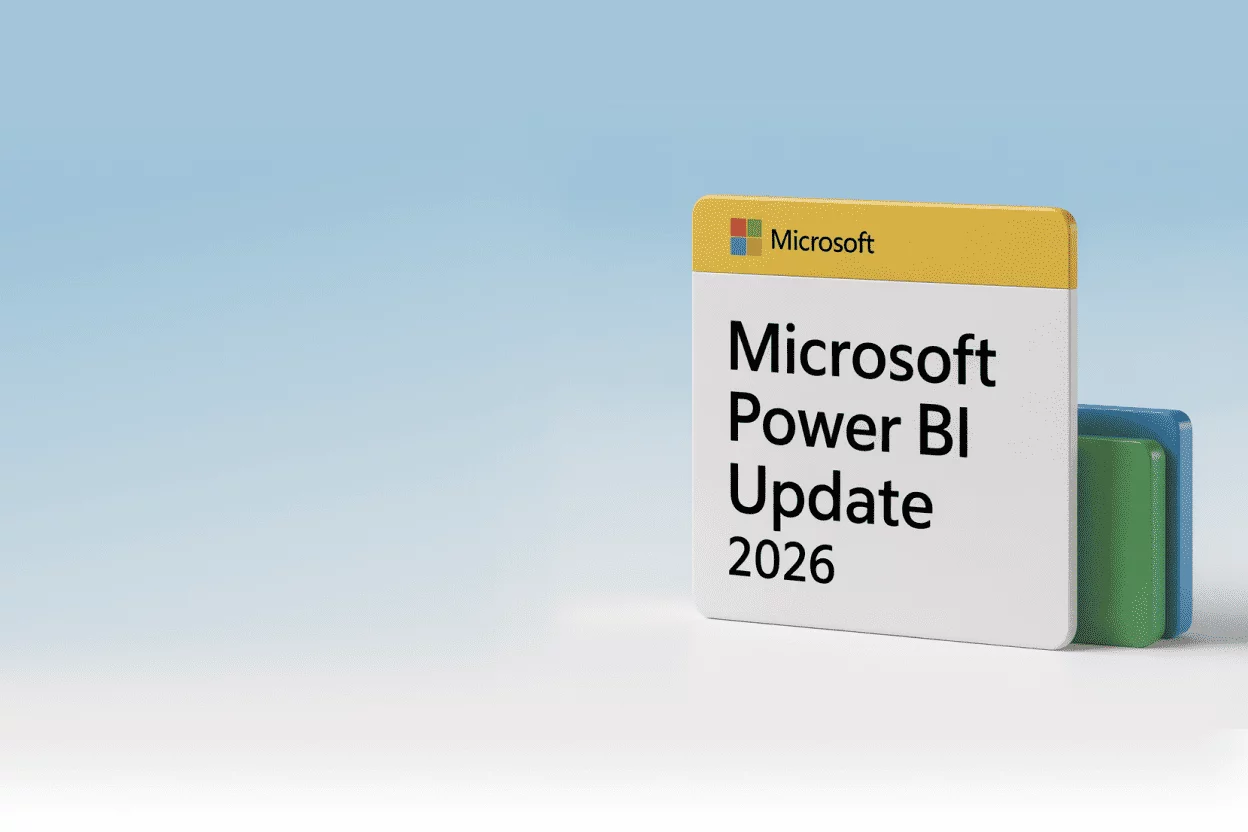What is the difference in between a website and a web app? There may seem nothing different in between the two or almost everything. Even if you Googled or Wikipedia-ed it, you’ll get a definition that sound mostly similar – almost overlapping.
Both website and web application require access to the internet, you get there with your web browser, have front end and back end written in the same programming languages etc. The key point of the “web app vs website” debate, though boils down to their key attributes – Being that a website is informational and a web is interactive.
Suppose, you have a hotel’s web presence- If you visit a local restaurant’s website and find nothing more than information on operation hours, directions, a static map, a menu, and contact information – you have at hand – a website.
While, on the other hand, if you visit a site like that of InspirePOS FnB, you will find all the ‘static’ information, as well as added functionality. You can purchase hardware/software systems on the internet, contact them online- this sort of interactivity is what differentiates between a web application from a website.
In simpler terms, a web application is a website that a user can control.
But is it that simple? Today you’ll hardly find a website that doesn’t have a hint of interactivity in it. They both possess attributes like authentication, integration and interactivity.
Even so, the difference between web app and website does exist and understanding it is crucial especially if you are looking for an online solution to your business. Web app development is different from website development. So, let’s explore these differences in detail and which one suits your needs the best.
Drawing the line between – Web application vs Website
Informational v/s Interactivity
The foremost point of difference between the whole website vs web application debacle is interactivity. As mentioned before website is typically informational in nature. For e.g. your favorite blog or news based website. It provides a visual and textual content which the user can read- but not affect in any manner.
Meanwhile, in case of web application, the user can read the information as well as manipulate the data on the page. The interaction can take form in many ways – like you submitting a form and getting a response – be it in a way of an online chat, a document to download or electronic payment etc.
To demonstrate web app interactivity, take an online banking application as an example. It performs the transactions based on customer’s input. Similar functionality can be found on social media websites or online retail stores, where users can go through the catalog and select which one to buy. Web apps connect users through the blog, chat platforms, create content based on user preferences and enable unlimited content sharing, not to mention their mini-built-in-applications for user’s entertainment. For e.g. Gmail, Facebook etc.
Now as we mentioned before, there are hardly any websites on the net today that do not have any element of interactivity. The modern websites are such that they do have some small web application characteristics. For e.g. a restaurant’s website may have a Google maps widget showing the route to their location. In case of websites, however, there is a balance in between informational content and interactivity, where there is more emphasis on the former. Like Wikipedia, CNN News for example.
A typical website comprises of fewer interactive elements and more information content- the user is meant to spend most of their time on a website seeing, reading or listening. This is not so in a web application because their foremost functionality is interactivity.
Authentication in web app vs website
Authentication procedure involves entering user login and password to access the system. This is a must for any website building that requires personal information. User accounts must be secured to make sure there isn’t any unauthorized access and leakage of sensitive information.
In informational websites, authentication is not mandatory. You will be granted the option to register, but that will be for additional options that are otherwise not offered to other unregistered website users. For instance, you can visit The Guardian or BBC news websites and look at the news and opinion pieces there without the need to register. Save for commenting, because you will have to log in for that added feature
Meanwhile, web applications require authentication- this is because they offer a great scope of options than a website. Imagine creating an account on Facebook. It will tell you if you don’t have an appropriate length of characters on a password or log in. If you leave them unchanged, then they are more prone to hacking and information theft. This may also lead to hackers using your account to post junk emails to other users.
Or for another example, payment or registration forms on the website open up the potential for SQL injection attacks. Hackers here use automated tools to scan every form on the website looking for cracks. Hiring the best web development company or developer ensures that they know how to deal with the issue deftly. Thus, protection of customer information becomes an important responsibility when it comes to web application development.
Thus, both website and web apps may require authentication, but in case of web applications, it is obligatory because of security threats. Therefore, the potential risks when it comes to web apps must definitely be discussed with the developers.
Integration in web application and website
Integration means bringing together different components in order to build a comprehensive system. Both websites and web applications can be integrated with other software, like CRM, ERP etc. Even so, integration is more typical for web applications- as their complex functionality commonly needs interaction with more systems.
For e.g. the integration of a business web app (like an online store) with a CRM system (customer management system). The CRM systems stores all the customer data providing an easy access to all employees. The integration allows automatic collection of all customer information – their communication, inquires, feedback etc. Thus, allowing studying the customer behavior and buying habits as well as settling their claims faster.
While a website can also be integrated with CRM (for providing more personalized content), however, this is more a feature than a part and parcel of its core functionality like it’s with a web application.
What do you need: Hire web developer or web application developer?
Understanding the distinction between a website and web application really becomes crucial when it’s time to hire a web application development company or website development company. In such case, having a clear vision of the future is helpful in hiring the right agency.
If you anticipate the need for web application currently or in the future, then it is pertinent to bring in the right team on board from the start- as not all developers have the same area of specialty or have same skill-sets.
Your company may need only a simple, informational website for the foreseeable future, but it in long-term it may require web application elements. For that, you need to start planning right now. This will ensure a smooth process flow.
To choose in between the website and web application developers it is necessary that you keep in mind – your business goals, services/products you provide, your customers, prospects and other factors. Make sure that the specialists you are going to hire have the skill and competency to fulfill all your online demands.
Rose by another name – various web applications names
There are web applications referred to by other names that you may already be familiar with –
For e.g. web portal – It is a tailored website which includes information from a wide range of sources in a consistent and uniformed manner. It enables to configure content and gives a personalized user experience – that means the user only receives the information tailored to their requirement.
Like, web portals served as dashboards for organization executives and managers. The content on the portal will be organized and displayed will largely depend on the requirements of the end-user.
Another e.g. is that of an e-commerce store. It is an application that is used to sell goods and services on the internet. The customer selects a product, orders it and then the system processes the order. The defining feature of this web app is the ability to pay online. For that transaction to take place, the user has to use his credit card number and other information.
Conclusion
Now that you have a better idea of website vs web app and what each entails, finding an appropriate developer is a relatively simple process.
Summing up – If your web presence needs to be primarily informative- then opt for a web application because websites are primarily informational.
If you need a web page that requires customer interaction and added functionality – then choose web application because web applications primarily allow the user to perform actions. Like ordering online, benefiting from integration with various systems and high security.
Let’s Build Digital Excellence Together










